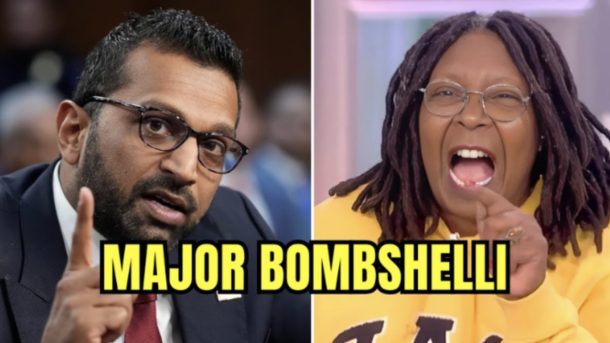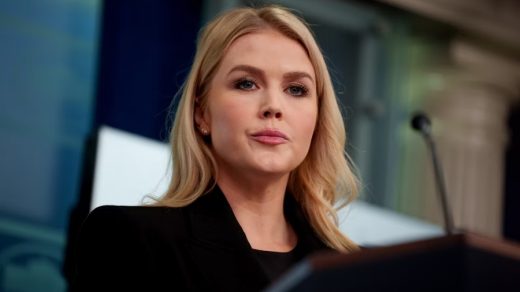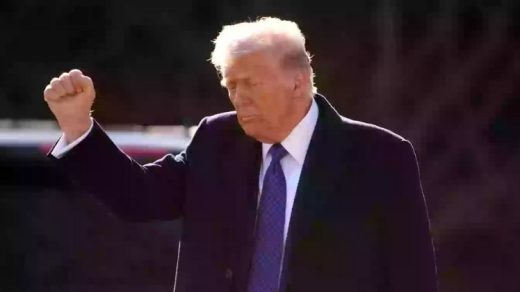In a recent episode of ABC’s “The View,” former Trump administration official Kash Patel left the show in a whirlwind of controversy and chaos, igniting discussions about political discourse and media responsibility. What started as a routine appearance quickly escalated, driven by a single sentence that shifted the atmosphere from casual conversation to outright confrontation.
Setting the Scene
Kash Patel, known for his role as a deputy national security advisor and his involvement in various high-profile political issues, was invited onto “The View” to discuss his perspectives on national security and current events. The show, which features a panel of women with varying political views, often serves as a platform for heated debates. However, Patel’s appearance took a turn that many viewers did not anticipate.
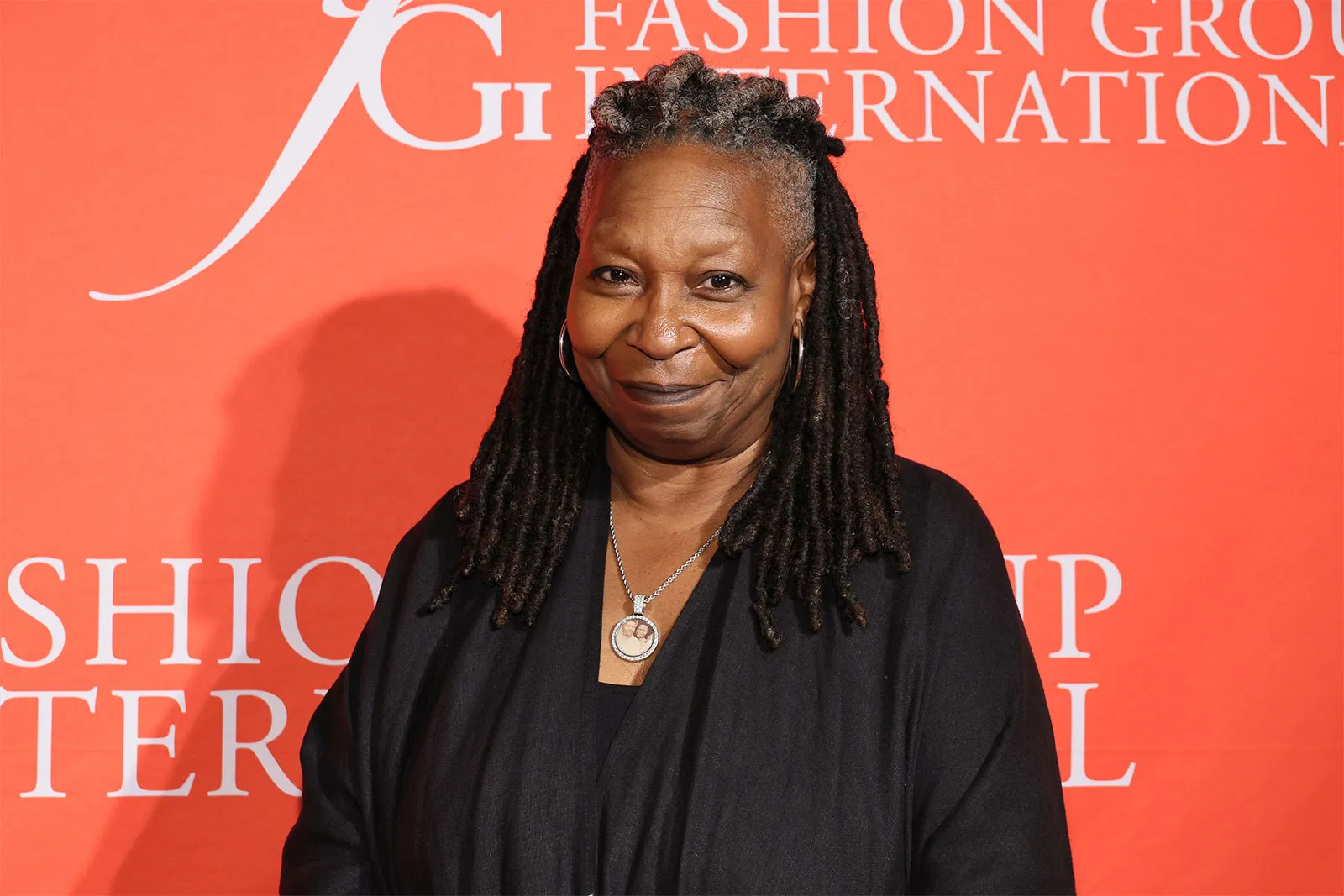
As the discussion progressed, one of the co-hosts, Sunny Hostin, challenged Patel on his previous statements regarding the January 6 Capitol riots. In response, Patel delivered a remark that would soon dominate headlines: “The truth is, the election was stolen, and people are just waking up to it.” This sentence, charged with political significance, quickly transformed the tone of the conversation.
The Immediate Fallout
Patel’s assertion prompted immediate backlash from the co-hosts, particularly from Whoopi Goldberg and Joy Behar. The atmosphere shifted dramatically as the panelists pushed back against his claims, arguing that spreading misinformation undermines democracy and invites chaos. Hostin, visibly frustrated, accused Patel of perpetuating dangerous narratives that could incite further division among the American public.
The debate escalated as co-hosts raised their voices, each attempting to counter Patel’s assertion while emphasizing the importance of factual reporting. The dialogue became increasingly heated, with interruptions and emotional exchanges, showcasing the stark divide in political beliefs that often characterizes “The View.”
Media Responsibility and Misinformation
This incident underscores the critical role that media and television platforms play in shaping public opinion. The moment Patel made his controversial statement, it not only sparked chaos on set but also reignited discussions about the spread of misinformation in contemporary politics.
In an era where social media can amplify false narratives at lightning speed, the responsibility of television hosts and commentators to fact-check and challenge misleading claims is more crucial than ever. The uproar on “The View” serves as a reminder that discussions around sensitive topics, such as election integrity, must be handled with care and a commitment to truth.
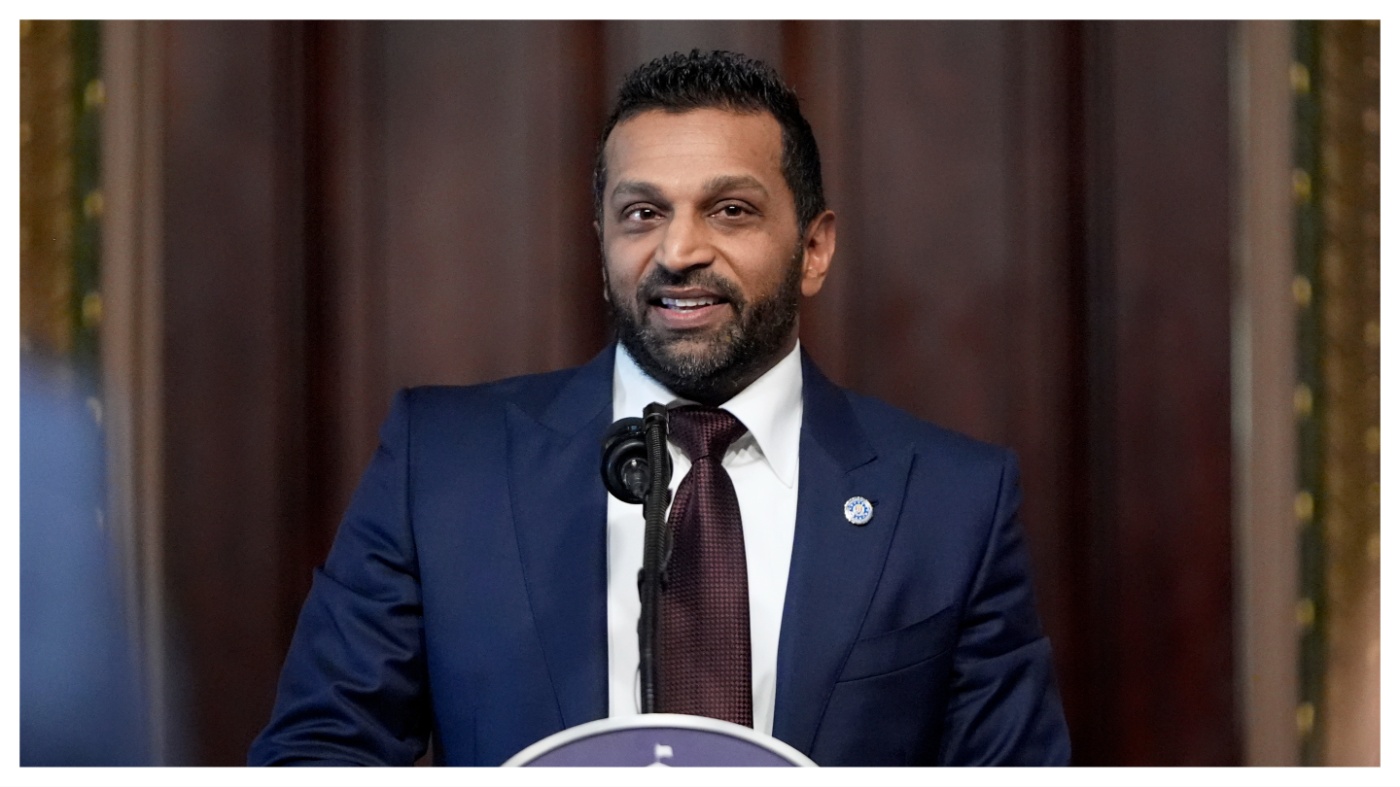
Viewer Reactions
Reactions from viewers were swift and varied. Many took to social media to express their outrage over Patel’s comments, arguing that they contribute to a dangerous political climate. Others supported him, viewing his statements as a reflection of a broader sentiment within certain segments of the Republican Party.
The incident sparked a wider conversation about how political figures navigate public appearances and the potential consequences of controversial statements. Critics pointed out that Patel’s willingness to propagate debunked theories can alienate moderate viewers who are seeking honest dialogue rather than incendiary rhetoric.
The Aftermath
As the episode concluded, the tension lingered in the studio. Patel, visibly frustrated by the backlash, attempted to defend his position but was met with continued resistance from the co-hosts. Ultimately, he left the set, leaving behind a chaotic scene that underscored the challenges of discussing polarizing topics in a divided political landscape.
In the days following the episode, clips of the confrontation went viral, prompting discussions across various media platforms. Political analysts weighed in, analyzing the implications of Patel’s statements and the effectiveness of the co-hosts’ rebuttals. The incident became a case study in how live television can serve as a battleground for contrasting ideologies.
The Broader Implications
The chaos that unfolded during Patel’s appearance on “The View” serves as a microcosm of the current state of American political discourse. It highlights the difficulty of engaging in meaningful conversations when misinformation and emotional responses dominate the narrative.
As political polarization continues to deepen, it is essential for media figures to prioritize truth and accountability in their discussions. This incident serves as a call to action for both hosts and guests to approach sensitive subjects with a commitment to factual integrity and constructive dialogue.
Conclusion
Kash Patel’s explosive appearance on “The View” exemplifies the challenges of navigating political discussions in a highly charged environment. A single sentence can change the trajectory of a conversation, leading to chaos and confrontation. As viewers and participants in the democratic process, it is crucial to advocate for respectful and informed discourse that promotes understanding rather than division. The incident serves as a reminder of the power of words and the responsibility that comes with them in the realm of public discussion.
